A dependable vehicle doesn’t happen by accident, and following consistent car maintenance tips makes the difference between smooth driving and unexpected breakdowns. Many drivers wait until a warning light appears, yet routine attention prevents most costly repairs long before problems develop.
Across Eugene, Springfield, Junction City, Cottage Grove, and the surrounding Oregon areas, driving conditions vary throughout the year. Wet winters, warmer summers, and steady daily commuting all affect vehicle performance. Small maintenance habits performed regularly protect engines, brakes, tires, and electrical systems.
Staying ahead of maintenance keeps vehicles safe, efficient, and ready for everyday travel.
Why Car Maintenance Tips Matter in Oregon
Local driving conditions influence how vehicles wear over time. The Springfield climate includes frequent rain, cool temperatures, and occasional heat waves during the summer months. Moisture exposure affects brakes and undercarriage components, while temperature shifts impact battery performance and tire pressure.
Drivers who follow practical car maintenance tips reduce the likelihood of sudden failures during seasonal changes. Regular inspections catch worn belts, low fluids, and uneven tire wear before they turn into larger mechanical issues.
Preventive care costs far less than emergency repairs.
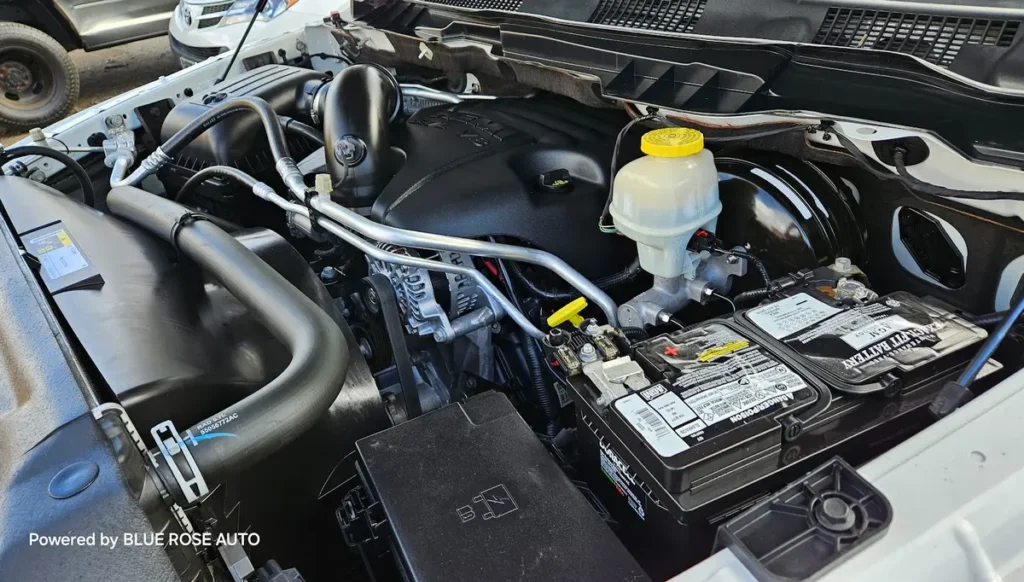
Basic Car Maintenance Tips Every Driver Should Follow
Routine service does not require complicated steps. Consistency matters more than complexity.
-
Check engine oil regularly
Oil lubricates moving engine parts and prevents overheating. Checking levels monthly helps avoid engine damage caused by low oil. -
Inspect tire pressure and tread depth
Proper tire inflation improves fuel efficiency and stability. Uneven tread wear often signals alignment concerns. -
Monitor brake performance
Squeaking, grinding, or longer stopping distances require inspection immediately. -
Replace air filters when needed
Clean filters improve airflow and engine efficiency. -
Watch for warning lights
Dashboard alerts often signal small issues before they escalate.
These car maintenance tips help extend vehicle lifespan and reduce long-term repair costs.
Seasonal Car Maintenance in Springfield
Rain and cooler temperatures affect braking systems and suspension components. During winter months, moisture may contribute to surface rust on brake rotors. Routine inspections reduce corrosion buildup and maintain safe stopping power.
Summer heat places additional stress on cooling systems. Radiator hoses, coolant levels, and fans require attention before extended highway travel.
Car maintenance in Springfield often includes preparing vehicles for both wet and warm conditions throughout the year.
Battery and Electrical System Care
Oregon’s fluctuating temperatures can weaken battery performance over time. Slow engine cranking or dim lights often signal early battery wear.
Routine testing prevents unexpected failures. Many drivers schedule battery replacement and charging service before winter arrives to ensure reliable starting performance.
Electrical inspections also confirm that alternators and charging systems function correctly during seasonal changes.
Protecting Exterior and Interior Surfaces
Routine care extends beyond mechanical systems. Exterior protection helps preserve paint and reduce long-term wear.
After seasonal weather exposure, many drivers schedule auto detailing to remove grime and protect surfaces. Interior cleaning also prevents long-term material damage caused by moisture and dirt buildup.
Drivers preparing for long commutes sometimes choose car window tinting to reduce glare and interior heat during summer driving.
Business vehicles may benefit from updated branding through commercial wraps while maintaining exterior protection.
When Minor Damage Requires Immediate Attention
Small dents or fender benders may appear cosmetic, yet hidden structural issues sometimes develop beneath the surface. Addressing minor impacts quickly prevents alignment concerns later.
Drivers experiencing accident-related damage often schedule collision repair to restore structural integrity and maintain vehicle safety.
Regular inspections after impacts prevent long-term complications.
Local Maintenance Support Across Lane County
Drivers across the region rely on experienced local inspections. Those visiting an Auto Mechanic in Eugene, Oregon, often request routine service before extended trips.
Commuters frequently consult an Auto Mechanic in Springfield, Oregon to address brake or suspension concerns during seasonal transitions.
Highway travelers sometimes visit an Auto Mechanic in Junction City, Oregon, after noticing vibration during longer drives. Drivers from surrounding communities often stop by an Auto Mechanic In Cottage Grove, Oregon, when warning lights appear unexpectedly.
Local maintenance access helps prevent small issues from becoming major repairs.
Preventive Maintenance Saves Money Over Time
Ignoring small concerns often leads to larger repair bills. For example, replacing brake pads early costs far less than repairing damaged rotors later. Checking fluids regularly helps avoid overheating and engine wear.
Drivers who follow consistent car maintenance tips typically experience fewer breakdowns and longer vehicle lifespan.
Scheduling inspections twice per year provides a simple approach to staying ahead of wear and tear.
Frequently Asked Questions About Vehicle Maintenance
How often should oil be changed?
Most vehicles require oil changes every 5,000 to 7,500 miles, depending on manufacturer guidelines.
Why is tire rotation important?
Rotating tires promotes even wear and extends tire lifespan.
Can driving short distances affect vehicle health?
Yes. Frequent short trips may prevent engines from reaching full operating temperature.
How often should brakes be inspected?
Brake systems should be checked at least once per year or if unusual sounds appear.
Does the weather affect battery life?
Yes. Cold and heat both reduce battery performance over time.
What causes uneven tire wear?
Alignment issues and improper tire pressure are common causes.
Should coolant levels be checked regularly?
Yes. Low coolant can cause overheating and engine damage.
Is detailing necessary for maintenance?
Detailing protects paint and interior materials from long-term wear.
How often should filters be replaced?
Air filters typically require replacement every 12,000 to 15,000 miles.
What is the best way to stay on schedule?
Following a consistent service interval plan keeps maintenance predictable.
Keep Your Vehicle Running Strong Year-Round
Consistent car maintenance tips protect vehicles from seasonal wear and unexpected breakdowns. Drivers across Eugene, Springfield, Junction City, Cottage Grove, and nearby Oregon communities benefit from routine inspections that address small concerns before they grow into larger problems.
If your vehicle needs inspection or routine service, Blue Rose Auto can help keep it running reliably. Call (541) 641-6877 today to schedule service or contact us online to book an appointment at a convenient time.
See Also:
- Boat Trailer Repair Guide for Safe Towing in Eugene and Nearby Oregon Communities
- RV Ceramic Coating: What Eugene and Springfield RV Owners Should Know
- Classic Car Body Shop Guide for Vintage Vehicle Repairs in Eugene and Springfield
- Ford Body Shop: What Eugene and Springfield Drivers Should Know Before Scheduling Repairs
- Honda Body Shop Guide for Collision and Body Repairs in Eugene and Springfield

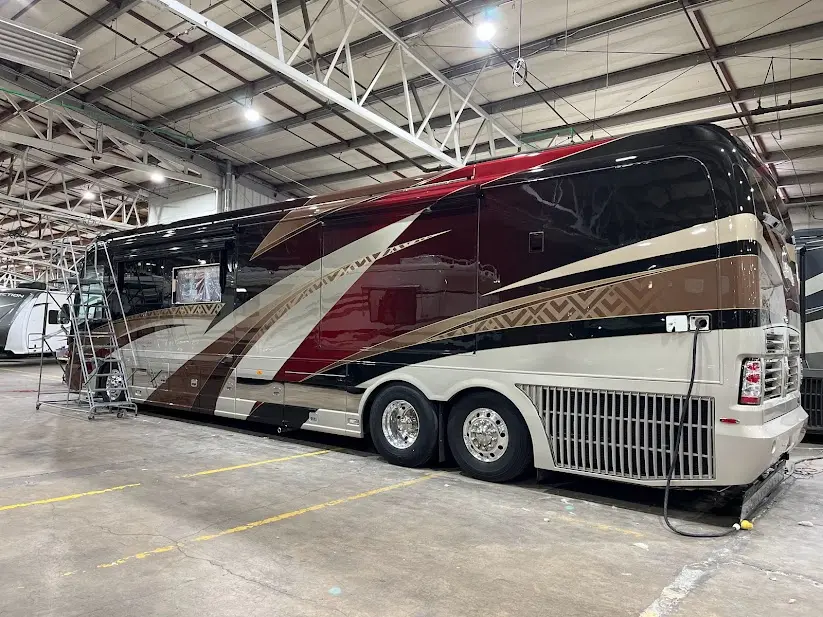
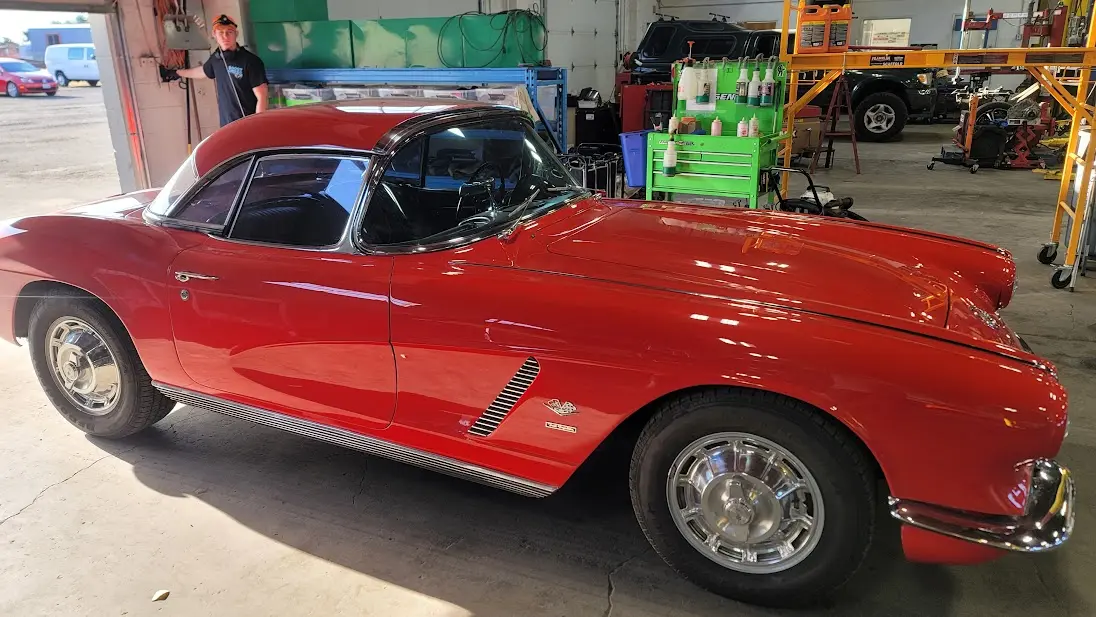
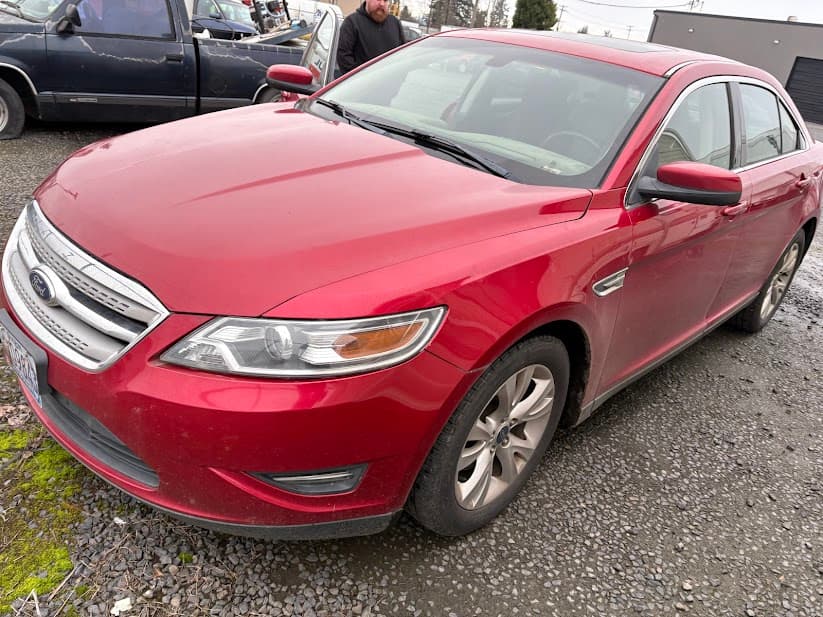
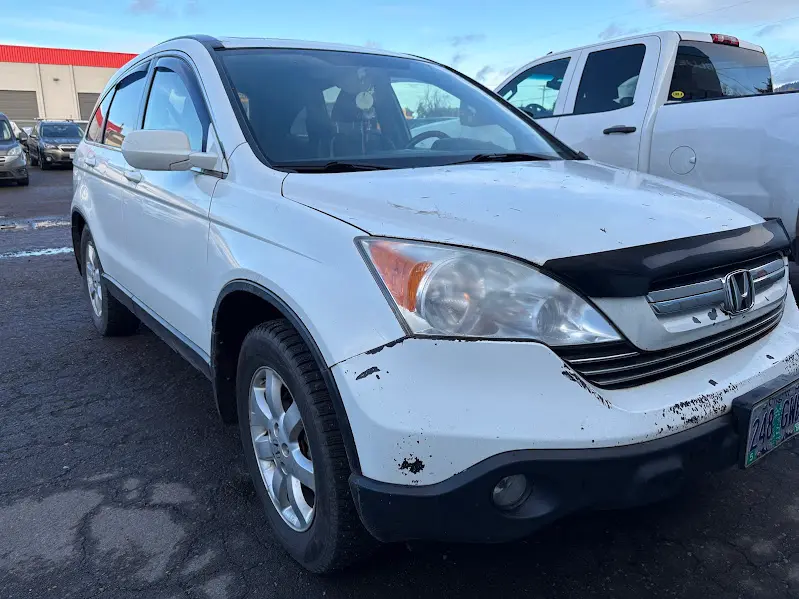
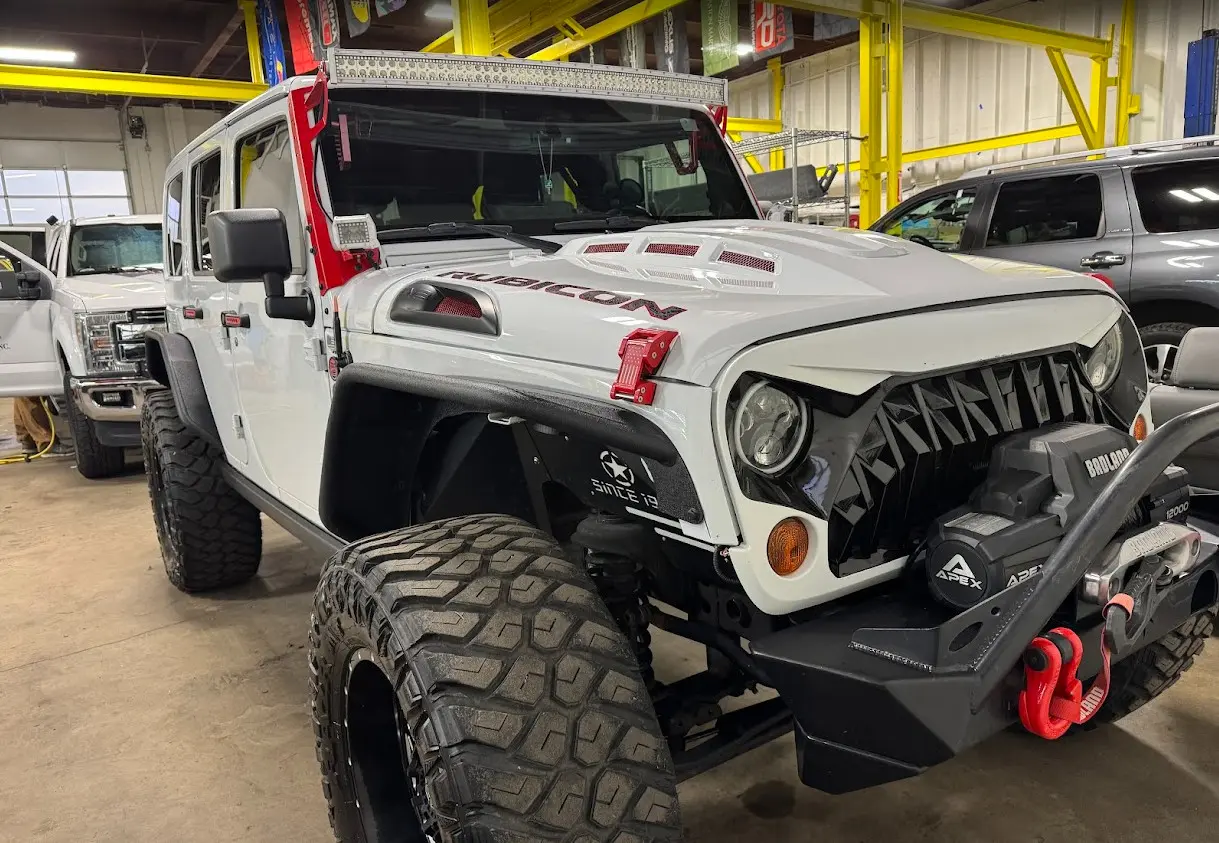
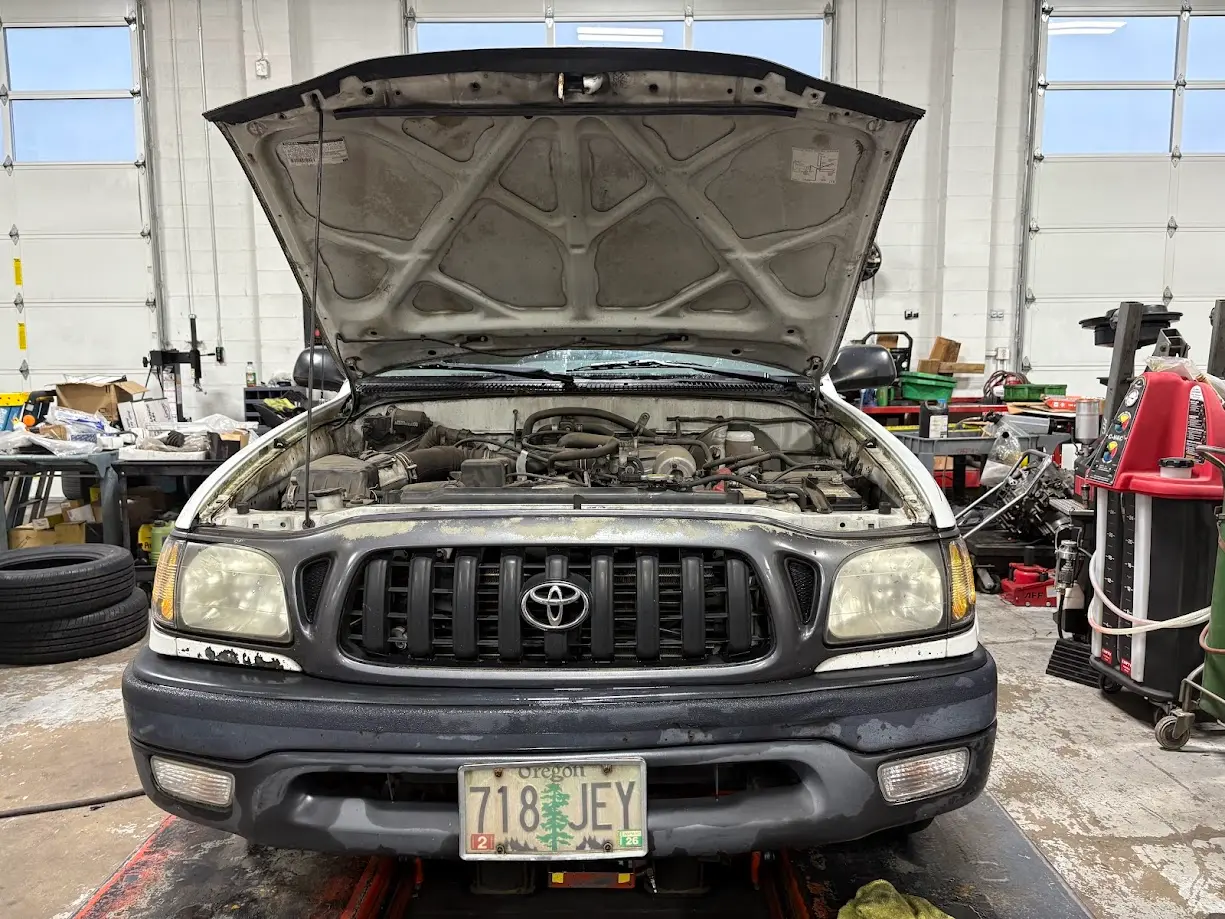


0 Comments